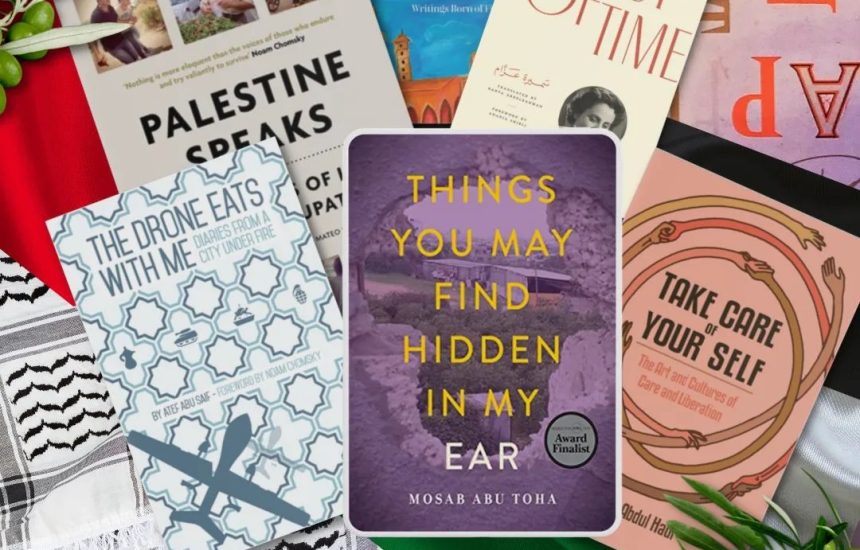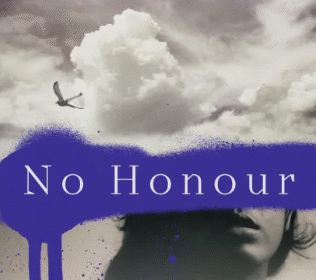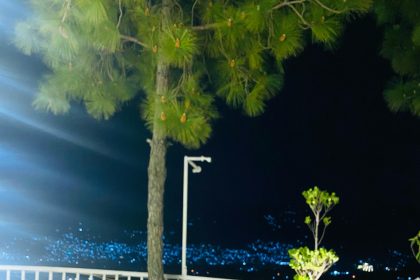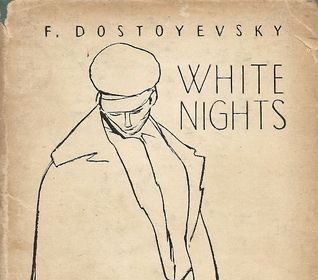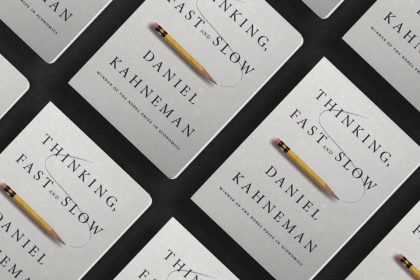Things You May Find Hidden in My Ear is a potent debut poetry collection by Mosab Abu Toha that explores the depths of the Palestinian experience, especially that of people living in Gaza.
Written amid the Israeli-Palestinian conflict, the collection offers a deeply personal yet universal depiction of grief, survival, and struggle. Abu Toha reflects on more general issues of freedom, identity, and existence while capturing the brutal realities of living in an occupied area through stark, vivid imagery.
The tragic shooting death of journalist Shireen Abu Akleh in 2022, when she was reporting in Jenin while wearing designated “PRESS” protective gear, serves as a basis for the collection.
Abu Toha uses this tragedy as a springboard to examine the widespread violence and unpredictable nature of Palestinian existence. As the poet so eloquently states: “Breathing is a task” and “smiling is performing plastic surgery”, Gaza is not only a place of physical conflict but also a psychological battleground where “you don’t know what you’re guilty of” and even basic human acts like breathing or smiling become burdensome tasks.
Abu Toha’s poetry resonates with the same intensity and emotional power as that of revered Palestinian poets Mahmoud Darwish and Tawfiq Ziad, yet his voice is distinctly his own. In Gaza, “streets are nameless”, and when a Palestinian is killed, the streets are named after them.
The poet masterfully contrasts this lived experience with that of the Israelis, who seek shelter from sirens while Palestinians are made deaf by explosions and pierced by shrapnel. This juxtaposition not only highlights the asymmetry of sufferings but also reveals the depth of shared human vulnerability in the face of violence.
Abu Toha’s attention to specific details translates the abstract horrors of war into personal, everyday experiences, which is something that makes Things You May Find Hidden in My Ear stand out. He describes a girl who, after losing her fingers in an explosion, puts her hands in her pockets as if counting pennies alongside memories of her uncle’s stolen prayer mat.
Without overt political statements, these poignant, small images convey the magnitude of loss and dislocation to the reader. The book’s title comes from a poem that describes the gentle, almost mystical act of recovering what has been lost. About voices, music, and memories that have been taken away, the speaker implores the reader to “put them back in order, as you would do with books on your shelf”.
As he describes the “drone’s buzzing sound” and the “roar of an F-16” that reverberates through his little ear canal, the speaker’s inner world is invaded by violence, mirroring the vulnerability in these phrases.
Abu Toha gives readers a glimpse into a world where life and death coexist in excruciating ambiguity, expressed through his straightforward yet deep words. “They once said Palestine would be free tomorrow,” are the poem’s final lines. What is freedom and when is tomorrow? How long does it last? These thoughts reflect the ancient longing for freedom and peace, which is both universally felt and painfully familiar to Palestinians.
Although the collection is primarily about the Palestinian struggle, its themes of longing, grief, and survival are universal and will resonate with anyone who has ever experienced conflict or the loss of a home. It is a noteworthy addition to Palestinian literature and the larger field of war poetry because of Abu Toha’s skill at navigating between the intimate and the universal, the personal and the political.
Mosab Abu Toha’s Things You May Find Hidden in My Ear is a haunting, evocative anthology that stays with you long after you’ve turned the last page. The dual essence of life in Gaza, where surviving requires resistance and the human spirit endures despite devastation, is encapsulated in his poems. This book is a must-read for everyone trying to comprehend the human cost of the Israeli-Palestinian conflict.






